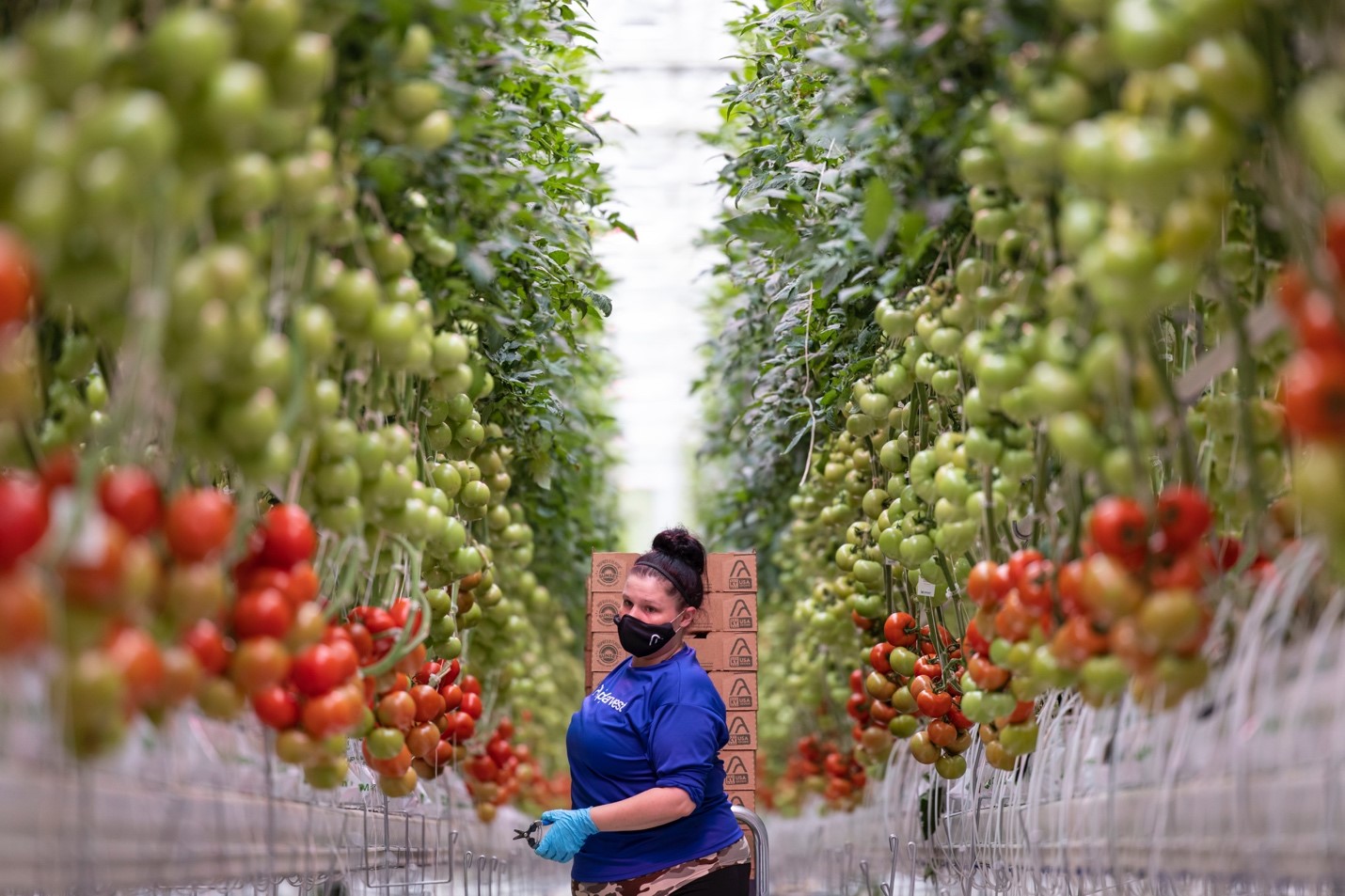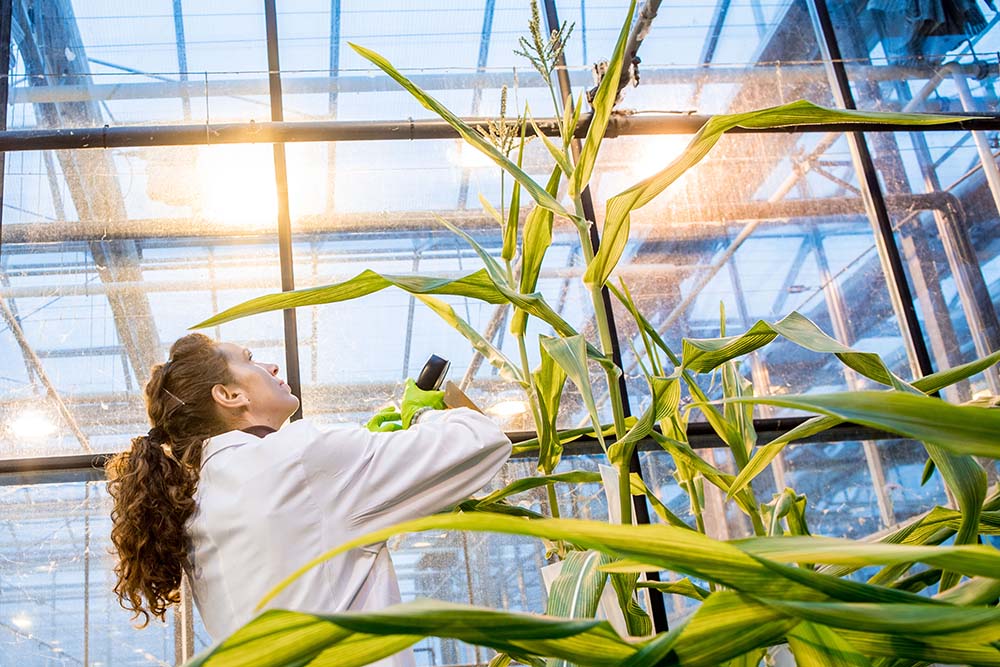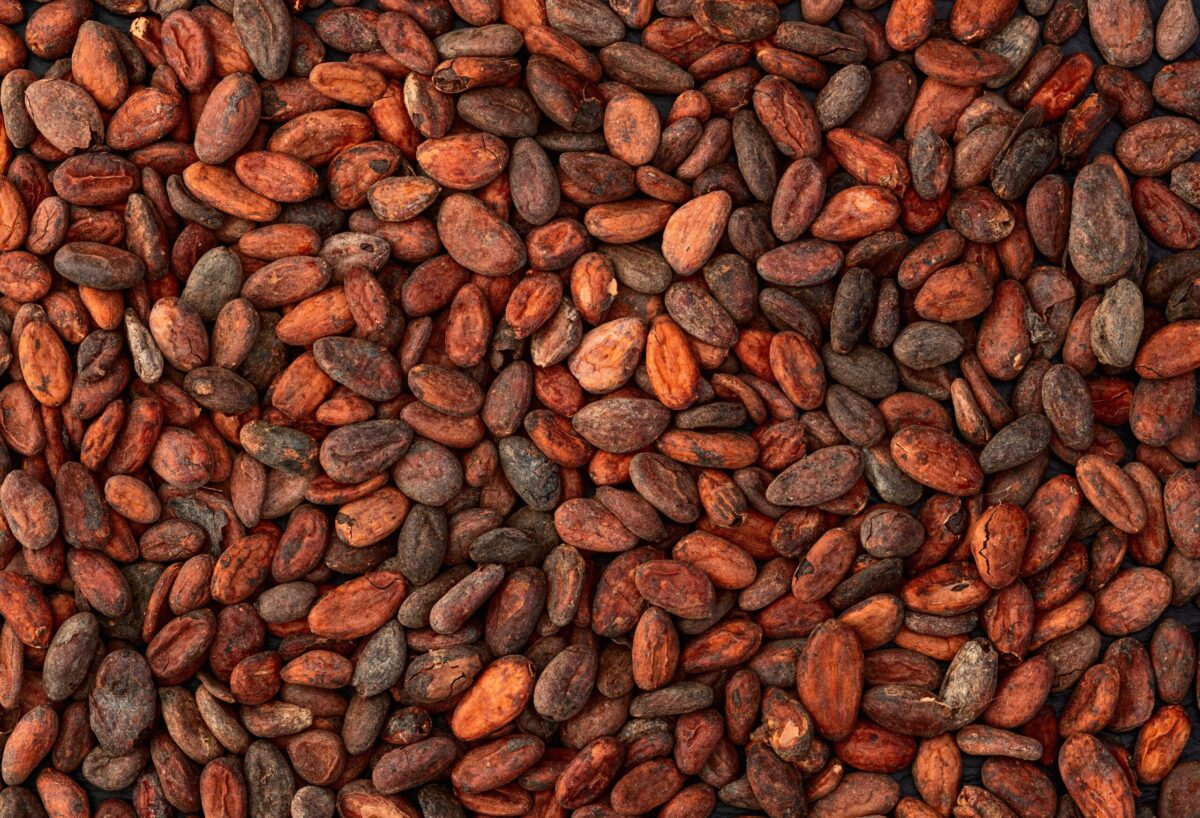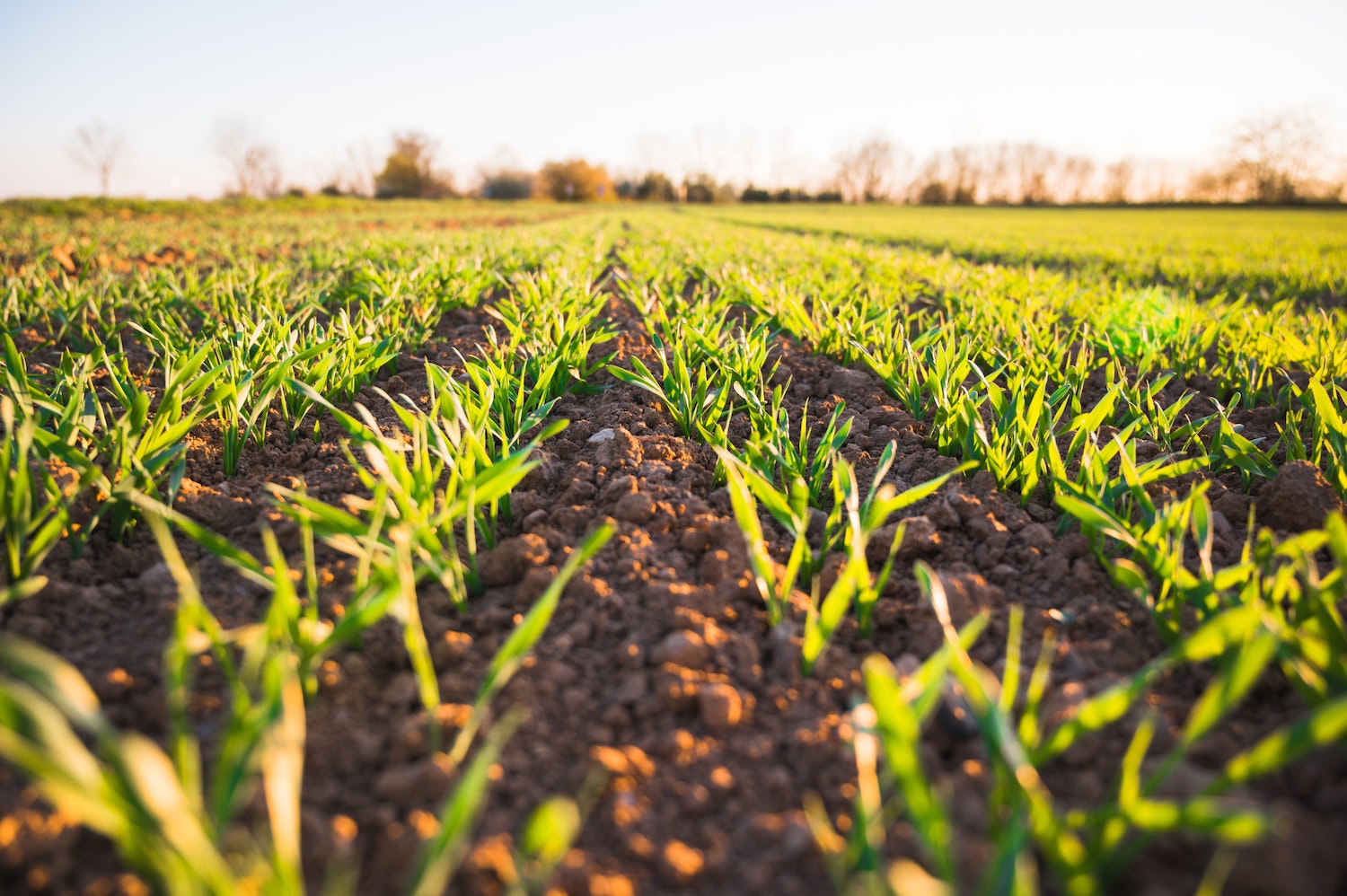ImpactAlpha, July 7, 2021 – The heat wave made the case more starkly than could any investment pitch deck.
In their offices in Portland, the team at Equilibrium Capital was putting the finishing touches on the real assets manager’s second greenhouse agriculture fund just as the temperature in the Oregon city hit a record-shattering 116 degrees. The Controlled Environment Foods Fund II is itself a record-breaker as Equilibrium’s first billion-dollar fund.
The northwest heat wave damaged berries and other crops from Oregon through Canada. “Controlled environment agriculture” mitigates risks not only of high heat, but of drought, short growing seasons, depleted soils, insect infestations and more. Practitioners say the high-tech greenhouses use 90% less water and can be 30 times more productive per acre than outdoor fields.
“Agriculture is ground-zero for climate,” Equilibrium’s Dave Chen told ImpactAlpha. The recent thermometer-busting temperatures “highlight the fact that the No. 1 determinant of quality and quantity, the No. 1 disruptor, is the weather.”
Institutional shift
Fundraising blew past the firm’s initial target of $500 million. The final close of $1.022 billion is triple the $336 million Equilibrium raised for its first controlled environment foods fund in 2019. That fund invested in greenhouse facilities as well as operators like AppHarvest, Revol Greens, Fresh Farms and Houweling Group.
The new fund already has invested in two facilities in the U.S. and a third in Mexico. Equilibrium is an owner of both the greenhouse facilities and of a stake in the operating businesses. Equilibrium’s investment thesis is that modern greenhouses are putting agriculture on tech-driven cost and productivity curves “shifting agriculture from a fragmented land-centered grower industry into a scaled produce production infrastructure.
Investors in the fund include pension funds like the San Francisco Employees Retirement System and AP4 in Sweden as well as the Development bank of Japan and others. (Chen is a regular on ImpactAlpha’s Institutional Shift podcasts, which is charting the flow of capital from large asset owners like pension and sovereign-wealth funds and insurance companies.)
“Pensions want this as part of real-assets allocations, inflation-hedge allocations and, more often than not, assets that fit their sustainability objectives and climate-change objectives,” Chen said. “There is a palpable step change in the amount of capital that wants to be deployed.”
Before the heat wave, Chen could point to COVID-related shutdowns that caused food shortages in Singapore. Many produce buyers are looking to diversify outside of California to assure supplies of fresh produce as the state enters yet another cycle of a deepening long-term drought. Utah is exploring large multi-tenant agriparks, similar to industrial parks, to increase local production of “high-wire” crops such as tomatoes, peppers and cucumbers.
“If COVID did one thing, it put a face on the word resilience,” Chen says. “In the next decades, the agriculture industry, globally, will be called on to provide more food, more safely, of higher quality, with greater diversity, in a more climate challenged world with a shrinking arable, and more inhospitable, landscape.”












